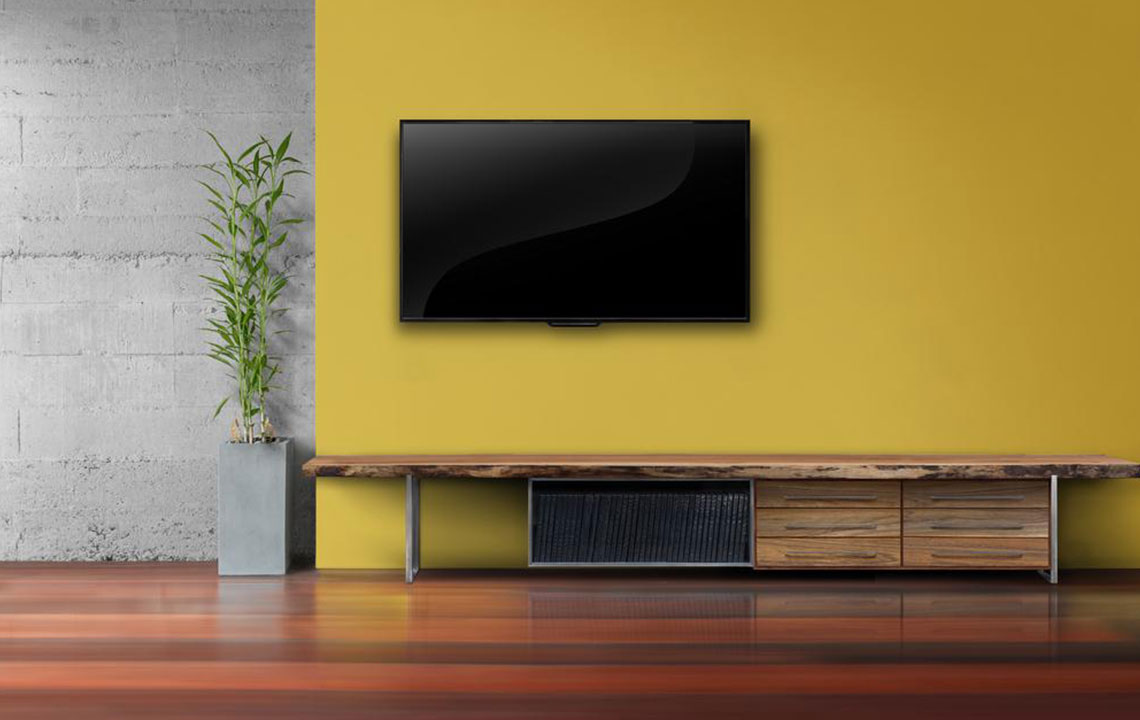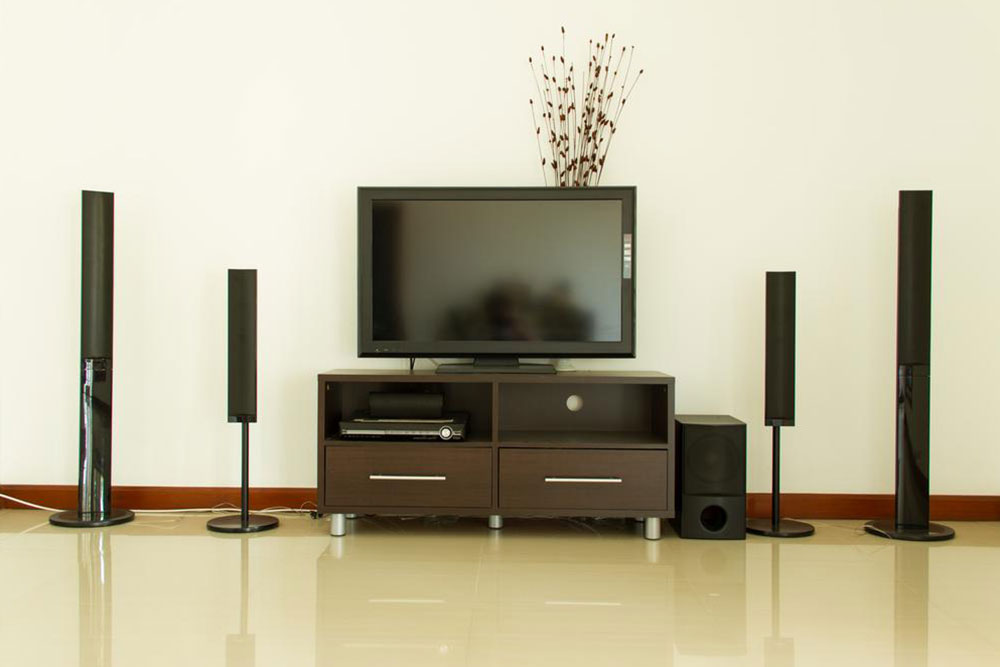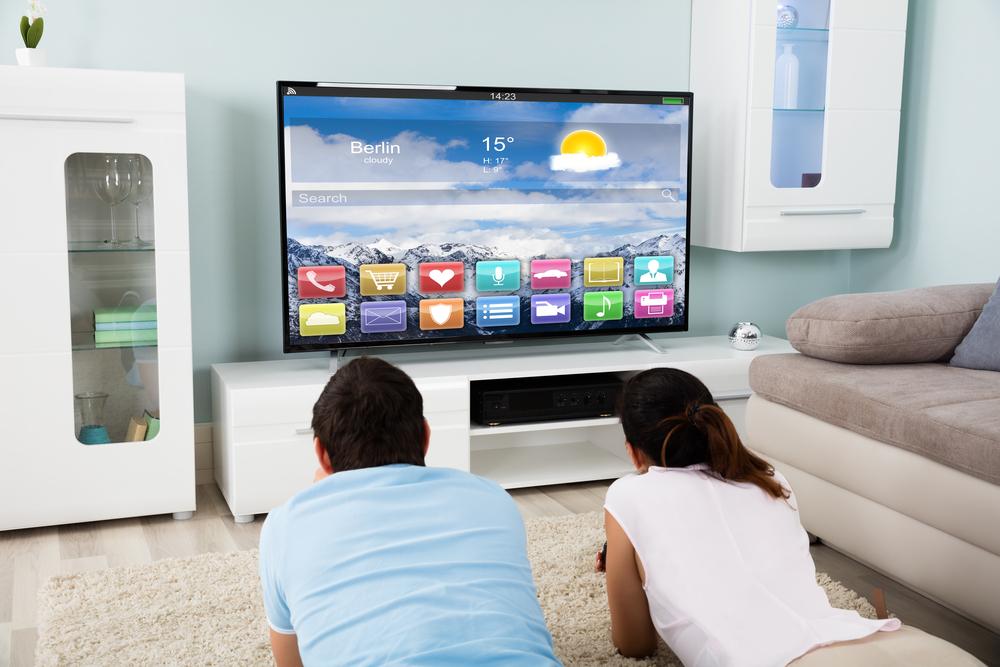Things to know before buying an LED TV
Now that you have decided to buy yourself an LED TV, you are even more confused about where to start? The market is full of varied types of TV that will drive you crazy. If you don’t know what you specifically want, then you will end up with the wrong TV.
There are many factors to consider before buying an LED TV.
Buying an LED TV
Buying an LED TV can be more time consuming if you do not know the TV world out there.

- Screen size
Check the screen size to ensure that the TV will fit into your room. The distance required between a TV and a viewer should be triple the height of the screen for HD for a better viewing experience. A TV store is the best place to get an exact idea of the distance between the TV and you.
- Unnecessary terms
Don’t get fooled by the terms used for describing a TV like smart TV, LED, LCD, OLED, and projection TV, among others. Usually, salespersons use different jargons for the same words to confuse the buyer. Mainly, there are only two types of TV—LCD and LED. Rest all are here to make things more complicated.
- HDMI ports
Lookout for the number of HDMI plug-ins in an LED TV. Some brands have fewer HDMI ports. A normal LED TV should have at least three to four ports for a gaming console or Chromecast, or even for inserting a soundbar.
- Refresh check
The refresh rate in any TV is measured in Hertz (Hz). A normal refresh rate in any standard TV is 60 times per second, which is referred as 60Hz. When there is a fast-moving scene, a normal 60 Hz refresh rate may make the screen look blurry or hazy. To overcome this problem, TV manufacturers have come up with double refresh rates like 120 Hz or even 240 Hz for a better picture. Ensure that the refresh rate is at least 120 Hz while shopping for your LED TV.
Check for all of these factors and make an informed decision.




